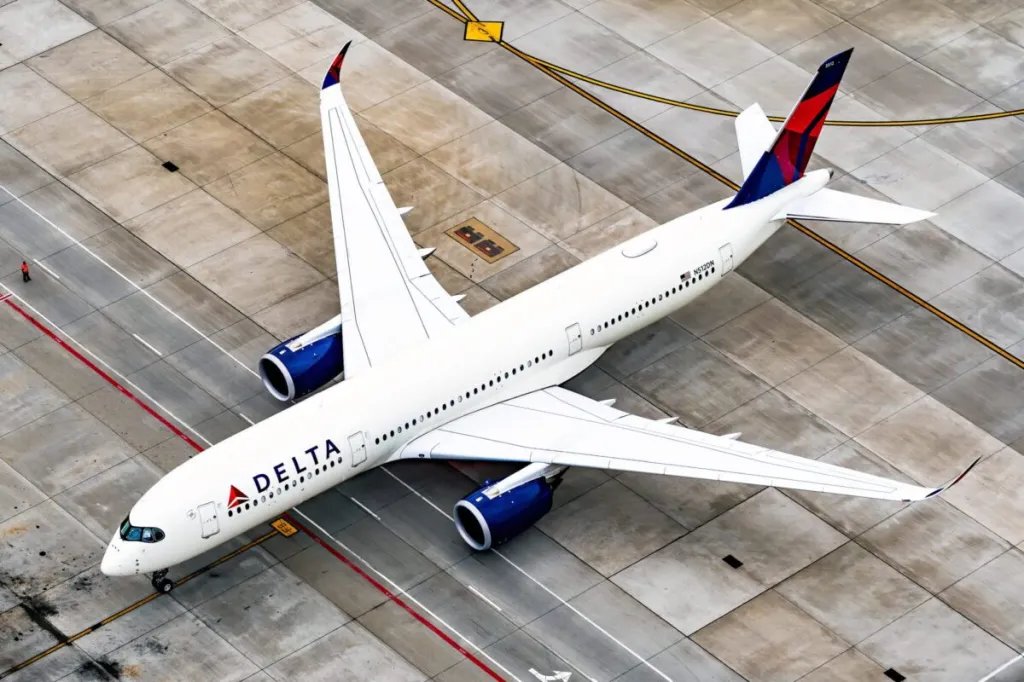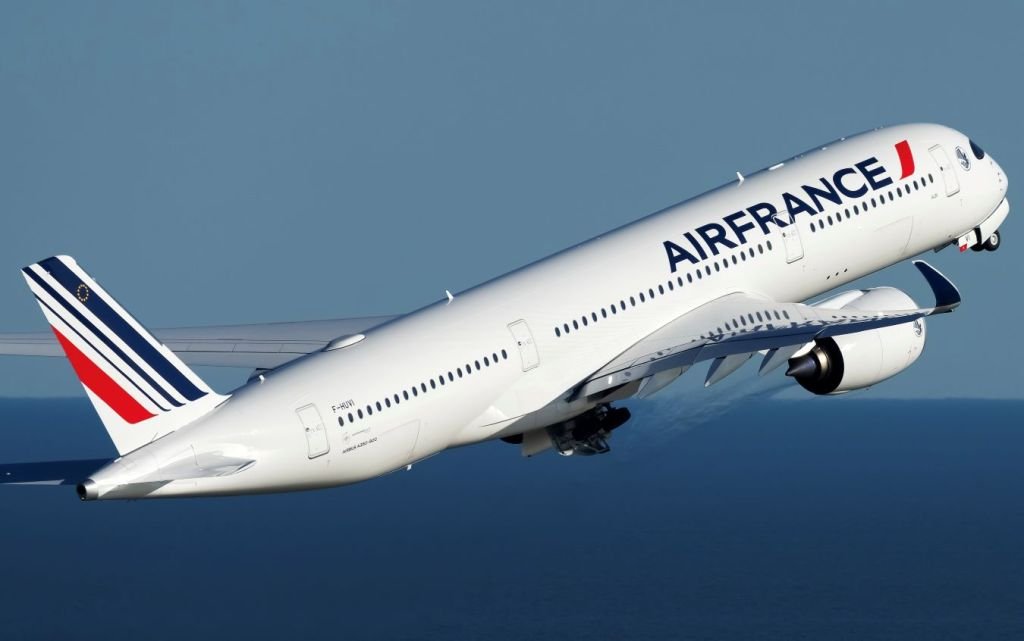Travel Market Insights
Amex GBT-CWT Merger Cleared, Will Create Business Travel Giant Twice the Size of Nearest Rival

The U.S. Department of Justice has dropped its lawsuit challenging the merger of American Express Global Business Travel and CWT, clearing the way for the formation of a business travel giant twice the size of the nearest competitor, BCD Travel.
Amex GBT (#1 in the space) and CWT (#4) had a combined $45.5 billion in sales in 2024, according to the Travel Weekly. BCD (#2) had $23 billion.
The DOJ sued to block the merger just days before the end of the Biden administration.
In March, the UK Competition and Markets Authority approved the merger, noting that CWT had become a weakened competitor and other travel management companies could provide competition to the combined business.
The merger is now expected to close in the third quarter.
DOJ Lawsuit Challenged the Deal
In its earlier response to the January 10, 2025 DOJ lawsuit, Amex GBT strongly disputed the allegations, calling the lawsuit a “blatantly politicized effort.” The company argued that the DOJ’s concerns were outdated and overlooked significant changes to the business travel market since the pandemic.
The DOJ had sued to stop the proposed $570 million merger, citing antitrust concerns that the deal would reduce options for large corporate travel customers, leading to higher prices, fewer choices, and diminished innovation.
The DOJ contended that this reduction in competition would stifle innovation and make it harder for businesses to negotiate favorable terms for travel management services.
Amex GBT at the time pointed to the rise of technology-led travel agencies like Navan, Kayak for Business, and Spotnana, as well as increased competition from traditional corporate travel agencies such as BCD, FCM, and Direct Travel. The company also emphasized that CWT had been weakened by bankruptcy and recapitalization in recent years.
Backers and Critics
“We recognize the regulatory approval process has created uncertainty for CWT customers and employees,” said Amex GBT CEO Paul Abbott in a statement. “We’re excited to close the transaction and welcome them to Amex GBT. Together, we will offer customers unrivaled choice, value, and experience.”
CWT CEO Patric Anderson said the company’s focus is now on closing the deal and integrating with Amex GBT.
At least one other travel management company wasn’t bullish on the deal.
“The move reinforces an oligopolistic market structure at a time when the real value offered by independent TMCs shouldn’t be overlooked,” said Andrea Caulfield-Smith, managing director global business travel at Advantage Travel Partnership, in a statement. “Independent TMCs can offer a consultative approach to deliver a personalised and tailored service offering to their customers, something which remains competitive across the travel ecosystem.”
Travel Market Insights
Delta Says It Will Not Use AI to Target Customers

Key Points
- Delta Air Lines clarified it does not use AI to set individualized airfares based on personal data, following criticism from lawmakers.
- The airline uses AI, via a partnership with Fetcherr, to assist in dynamic pricing for a growing portion of its domestic flights, but claims all fares are determined by market dynamics and are publicly available.
- Lawmakers and officials have expressed concerns about potential predatory or ‘surveillance’ pricing, prompting Delta to stress its commitment to fair, competitive pricing and data privacy.
Summary
Delta Air Lines has publicly stated that it does not use AI to set individualized prices based on personal customer data, responding to recent criticism and inquiries from U.S. lawmakers. The airline acknowledged using AI technology, through a partnership with Fetcherr, to assist analysts in setting fares for a portion of its domestic flights, with plans to expand this use. However, Delta emphasized that fares are determined by market competition, not personal data, and all prices are transparently published, aiming to dispel concerns about privacy and potential predatory pricing.
Travel Market Insights
U.S. Dollar Slide Hurts Accor, Minor, and Meliá

Some of the world’s largest hotel companies saw their earnings dented by currency swings in the first half of 2025, as euro and baht-reporting groups absorbed losses while U.S.-based chains appeared largely insulated from the volatility.
Accor, Meliá Hotels, and Minor International all reported currency-related losses that offset solid operational performance. Meanwhile, U.S.-based Hilton and Wyndham, which report in dollars, did not mention foreign exchange impacts in their earnings calls and appeared shielded from the same pressures.
The U.S. dollar index dropped 10.8% in the first half of 2025 following the Trump administration’s April tariffs and public clashes with the Federal Reserve. The resulting investor pullback caused the dollar to weaken sharply against the euro, baht, and other currencies.
Accor: Currency Among Its Biggest Headwinds
Paris-based Accor repo
Travel Market Insights
Winners, Losers, and Lots of Premium Seats: Europe’s Airline Scorecard

Skift Take: Premium cabins still drive profits, but it's the low-cost threat that keeps Europe's legacy carriers up at night.
-

 Brand Stories2 weeks ago
Brand Stories2 weeks agoBloom Hotels: A Modern Vision of Hospitality Redefining Travel
-

 Brand Stories7 days ago
Brand Stories7 days agoCheQin.ai sets a new standard for hotel booking with its AI capabilities: empowering travellers to bargain, choose the best, and book with clarity.
-

 Destinations & Things To Do2 weeks ago
Destinations & Things To Do2 weeks agoUntouched Destinations: Stunning Hidden Gems You Must Visit
-

 Destinations & Things To Do7 days ago
Destinations & Things To Do7 days agoThis Hidden Beach in India Glows at Night-But Only in One Secret Season
-

 AI in Travel2 weeks ago
AI in Travel2 weeks agoAI Travel Revolution: Must-Have Guide to the Best Experience
-

 Brand Stories4 weeks ago
Brand Stories4 weeks agoVoice AI Startup ElevenLabs Plans to Add Hubs Around the World
-

 Brand Stories3 weeks ago
Brand Stories3 weeks agoHow Elon Musk’s rogue Grok chatbot became a cautionary AI tale
-

 Asia Travel Pulse4 weeks ago
Asia Travel Pulse4 weeks agoLooking For Adventure In Asia? Here Are 7 Epic Destinations You Need To Experience At Least Once – Zee News
-

 AI in Travel4 weeks ago
AI in Travel4 weeks ago‘Will AI take my job?’ A trip to a Beijing fortune-telling bar to see what lies ahead | China
-

 Brand Stories4 weeks ago
Brand Stories4 weeks agoChatGPT — the last of the great romantics













You must be logged in to post a comment Login